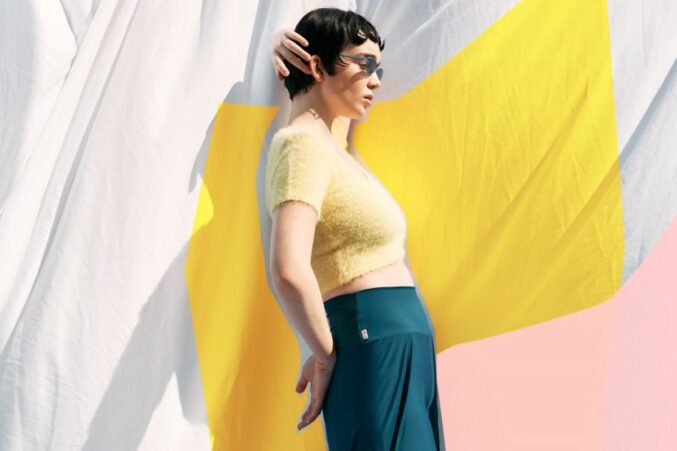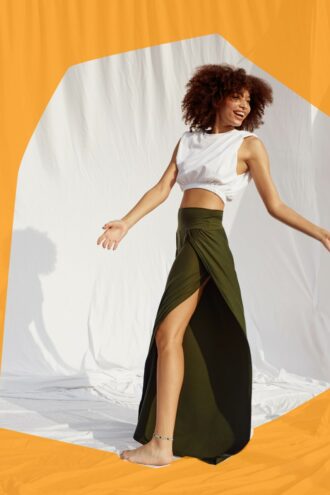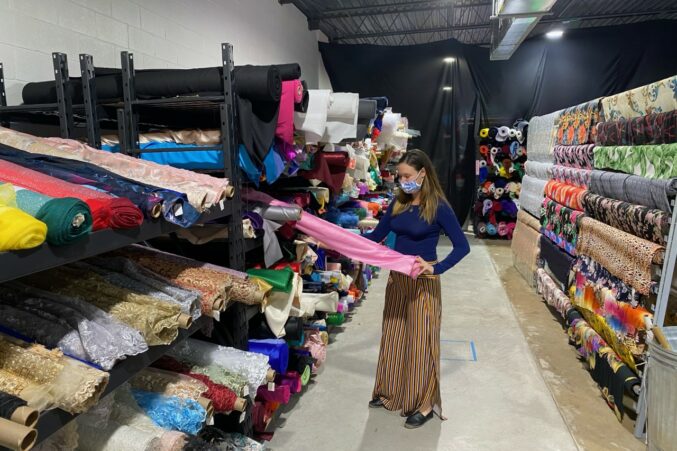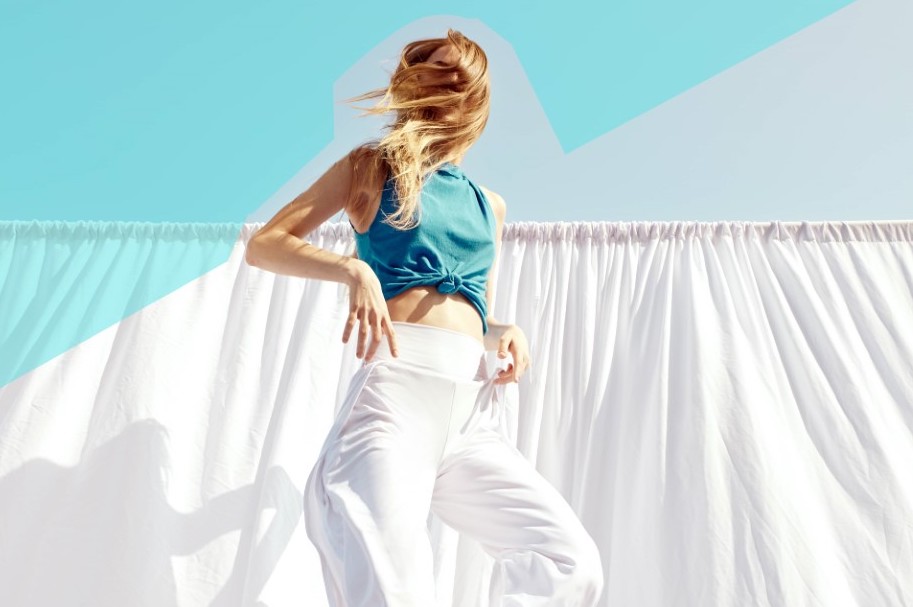Dallas native Emmy Hancock has been invested in women’s rights since her days as a Hockaday student. Last May, as the pandemic raged on, she left her corporate job in New York City and returned to North Texas, determined to use her time and resources to start a business with a deeper purpose.
Hancock, who majored in criminology and minored in film at the University of Pennsylvania, credits the movie I, Daniel Blake as the catalyst for her transition to a career rooted in social justice. The movie’s protagonist steals menstrual products from a food bank. Hancock was struck by the idea that some people have to shoplift these products to obtain them.
Hancock started researching and learned that the United States’ current policies exclude period products from public benefits like SNAP. They aren’t covered by health insurance, Medicaid, or FSA allowances, and they’re often absent from public schools and public restrooms. Military members are sometimes tasked with packing enough products to last their entire deployment. And in some prisons, inmates who can afford period products purchase them in the commissary, while others have to go without or fight over insufficient quantities distributed by guards.
The United Nations declared an absence of easily accessible menstrual products to be a public health, gender equality, and human rights issue. The inability to afford these products should not hold people back from educational opportunities or full societal participation, says Hancock.
“Usually, women’s bodies are politicized,” she adds, “and this is not a political conversation.”
Hancock set out to create a brand that would help combat period poverty. Menstrual products may seem like the obvious choice for a foray into retail, but Hancock wanted all ages and gender identities to be potential customers, not just those who have periods. Additionally, Hancock knew that menstruation is considered a taboo topic, and wanted to start the conversation in a more nuanced way.

“Everyone comes to the table with their own level of comfort,” she says. “And many people just didn’t know the facts. So I created a safe and comfortable space for them to learn more.”
Hancock launched Oluna in October 2020. In January, Ali Aston joined the team as a co-founder. The brand does one thing and does it well: flowy, relaxed, buttery-soft pants. Their signature silhouette was inspired by a pair Hancock picked up while traveling in Cambodia. Hancock’s aunt sews as a hobby, and the two worked together to create the initial designs. They then “walked around JOANN [Fabric and Crafts] and asked strangers in the store what they thought,” says Hancock. “I wanted these pants to be inclusive of all body shapes and types.”

Hancock and her aunt met a woman who was a pattern-maker and the production process took off from there. Now, Oluna has a hyperlocal and ethical supply chain. Since launching last fall, the brand has established a permanent fabric supplier and a manufacturer in the Dallas area, and Oluna uses a local photographer for product shots.
“I wanted these pants to be very, very comfortable,” Hancock says,” so we chose fabric [a poly-spandex blend] that is super soft. They’re designed with COVID in mind, too–you can wear them while working from home or lounging around the house, but they’re also chic enough to wear out to dinner or on a date.”
Each pair retails from $67 to $69, and you’ll find solid colors like olive and black in addition to patterns and stripes. The pants are designed with a woman’s body in mind, but anyone can support the cause by purchasing a pair for a friend or family member. Brand merch is also available, like stickers, hats, and hoodies.
Oluna’s business model is comparable to that of Tom’s shoes or Bombas socks. For every pair of pants sold, the company donates a year of period products to someone in need. Oluna partners with 10 shelters in the Dallas area, including Our Calling, Genesis Women’s Shelter, and The Bridge Homeless Recovery Center. She plans to expand its national and international reach soon.
Currently, Oluna primarily donates sanitary napkins, because they are the most widely accepted among different religions and cultural backgrounds. As period products continue to evolve, the brand hopes to donate even more sustainable and reusable options.

Hancock and Aston’s ultimate goal is to engage with their consumer base even further to find additional opportunities to fight period poverty. “I [want to help customers] write to their state legislature,” says Hancock. “I can also arm them with data to go to their employer and ask them to provide period products–it’s only about $4 per employee per year.”
“We can see serious change in our lifetime,” says Hancock, “and one person can make a difference.”
Shop all of Oluna’s products here or follow the brand on Instagram to learn more.




